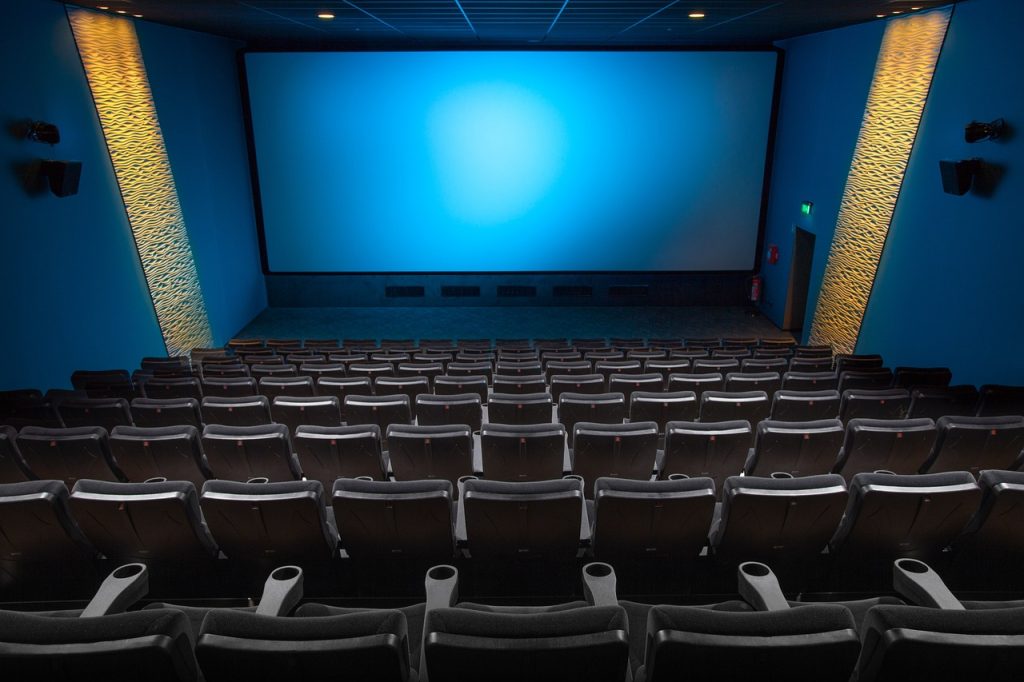The Psychology of Joe Rogan: Why 200 Million People Listen
By Peter Wins —
A former Fear Factor host and stand-up comedian sits in a studio talking to people for three hours at a time, and somehow becomes the most influential media figure of our generation. Joe Rogan’s podcast gets more listeners than CNN, Fox News, and MSNBC combined. What psychological forces make millions choose his voice over professional journalists?
Analytical Framework
This article analyzes the psychological appeal of Joe Rogan’s media approach from a behavioral and cultural perspective. The analysis focuses on understanding audience psychology rather than endorsing or condemning any particular viewpoints. Media consumption choices reflect complex psychological needs that merit objective examination regardless of personal opinions about specific content creators.
Joe Rogan’s success isn’t an accident—it’s the result of specific psychological factors that meet deep human needs that traditional media often fails to address. Understanding his appeal reveals broader shifts in how people want to consume information and connect with media personalities.
Here’s what psychology reveals about why millions choose Rogan over traditional media sources.
The Authenticity Advantage
Rogan’s primary psychological appeal is perceived authenticity in an era of manufactured media personalities.
Unlike traditional media figures who present polished, scripted versions of themselves, Rogan openly admits ignorance, changes his mind mid-conversation, and reveals genuine confusion about complex topics. This creates psychological safety for audiences who feel alienated by media figures who pretend to have all the answers.
His authentic curiosity about topics he doesn’t understand appeals to audiences who are also learning and exploring ideas rather than seeking confirmation of existing beliefs. The unscripted, long-form format reveals personality quirks and genuine reactions that create parasocial relationships.
Listeners feel like they’re hanging out with a friend rather than being lectured by an authority figure. This authenticity contrasts sharply with the calculated personas of traditional media, making him feel trustworthy even when discussing controversial topics.
Intellectual Humility Creates Comfort
Rogan’s intellectual humility creates psychological comfort for audiences intimidated by traditional academic and media experts.
He regularly says “I don’t know” and asks basic questions that educated people might feel embarrassed to ask. This creates permission for audiences to admit their own ignorance without shame.
His willingness to defer to expert guests while still asking probing questions models healthy intellectual curiosity rather than defensive ego protection. Rogan makes complex topics accessible by asking for clarification and admitting when concepts are over his head, serving as a proxy for confused audience members.
This approach validates the experience of regular people who feel excluded from intellectual conversations dominated by credentialed experts speaking in jargon. It creates a learning environment rather than a performance environment, making knowledge acquisition feel collaborative rather than competitive.
Masculine Vulnerability Model
Rogan provides a model of masculinity that combines traditional masculine interests with emotional openness and vulnerability.
He discusses martial arts, hunting, and physical challenges while also talking openly about anxiety, depression, and personal struggles. This combination appeals to men seeking role models who aren’t emotionally restricted.
His openness about psychedelic experiences and personal growth creates permission for male audiences to explore consciousness and spirituality without feeling like they’re abandoning masculine identity.
Rogan’s friendships with other men model emotional intimacy and support that many male listeners lack in their own lives. The long-form conversation format allows for emotional depth and personal revelation that’s rare in male-dominated media spaces.
Anti-Establishment Positioning
Rogan’s success partly stems from positioning himself as outside and skeptical of traditional institutional authorities.
His criticism of mainstream media, pharmaceutical companies, and government institutions appeals to audiences who feel distrustful of official narratives and expert consensus. The podcast format itself represents anti-establishment media—unfiltered, unedited, and uncensored by corporate gatekeepers.
His willingness to platform controversial guests and discuss censored topics creates the psychology of accessing forbidden or hidden information. This positioning makes listeners feel like insiders accessing alternative information sources rather than passive consumers of mainstream media.
Curiosity and Exploration Psychology
Rogan’s genuine curiosity about diverse topics satisfies human psychological needs for exploration and discovery.
The wide range of guests and topics—from scientists to comedians to athletes—appeals to audiences with broad interests who feel constrained by specialized media silos. His enthusiasm for learning new things models lifelong curiosity and growth.
The unpredictable nature of conversations creates anticipation and surprise that keeps audiences engaged across multiple episodes. Rogan’s willingness to dive deep into niche topics validates audience members with specialized interests that mainstream media ignores.
Strong Parasocial Relationships
The long-form format and regular posting schedule create strong parasocial relationships between Rogan and his audience.
Three-hour conversations reveal personality traits, quirks, and personal details that make audiences feel like they know Rogan personally. Regular listeners develop familiarity with his interests, opinions, and communication patterns, creating the psychology of friendship with someone they’ve never met.
The informal, conversational tone makes audiences feel included in discussions rather than positioned as passive consumers of information. Rogan’s consistency in personality and values across episodes creates trust and predictability that audiences rely on for psychological comfort.
Information Overwhelm Solution
In an era of information overwhelm, Rogan provides curated content filtered through a relatable personality rather than algorithmic recommendations.
Audiences trust Rogan’s guest selection and topic choices more than they trust impersonal recommendation algorithms or traditional media programming decisions. The long-form format allows for nuanced exploration of complex topics that can’t be adequately covered in traditional media time constraints.
Rogan serves as an information filter for audiences who feel overwhelmed by the volume and complexity of available information sources. His willingness to admit confusion and ask for clarification helps audiences process information that might otherwise feel too complex to understand.
He Lets People Think Differently
Rogan doesn’t attack people for having different opinions. He just asks questions and lets people explain themselves. That’s shockingly rare.
You can listen to controversial ideas without feeling like you’re being told you’re evil for considering them. He creates space to think about things without the usual moral panic.
In a world where everyone’s picking sides and screaming at each other, just having normal conversations feels revolutionary.
Why This Actually Matters
Rogan’s success shows what people really want: authentic conversations, intellectual honesty, and the freedom to explore ideas without being judged.
Traditional media gives you polished experts reading scripts. Rogan gives you messy, real conversations between curious people. Turns out, most people prefer the messy version.
What About You?
Do you prefer polished media or authentic conversations? What draws you to certain voices over others?
Whether you love Rogan or can’t stand him, his success proves that authenticity beats polish, curiosity beats expertise, and real conversations beat scripted content. That’s probably not changing anytime soon.



